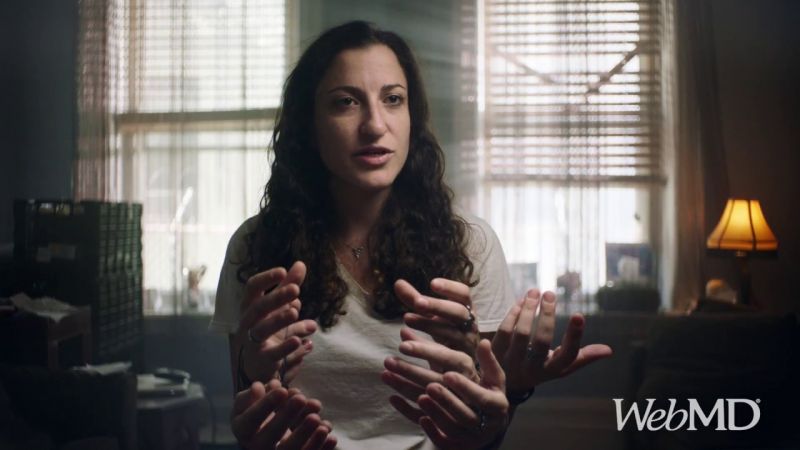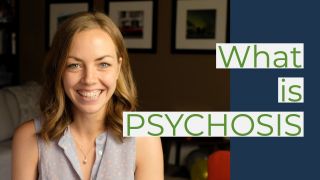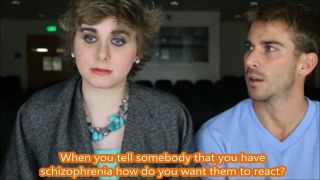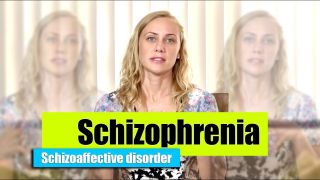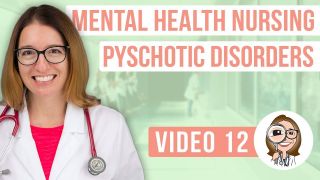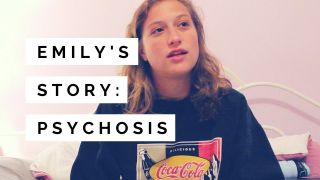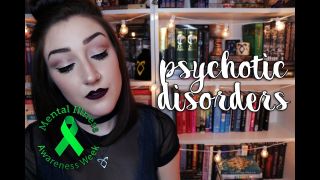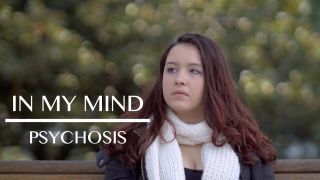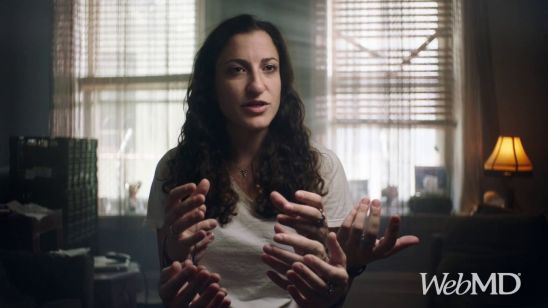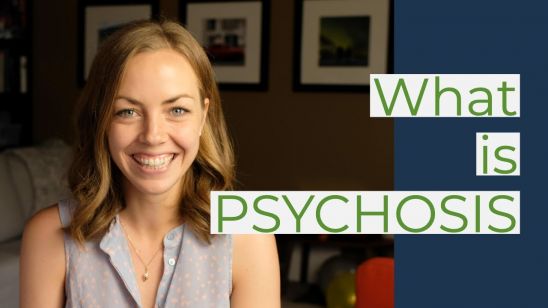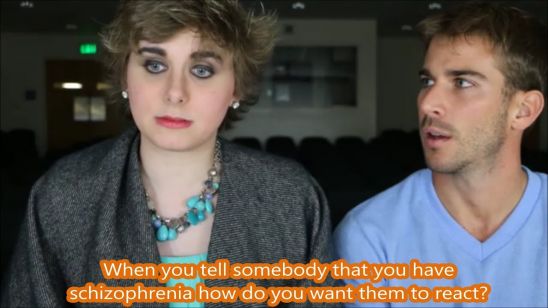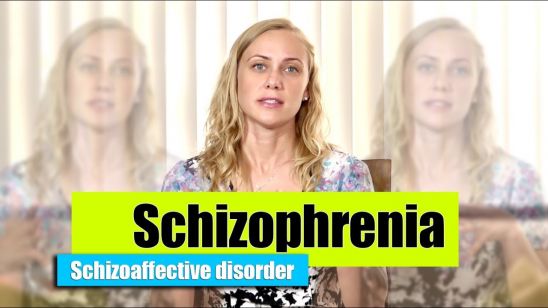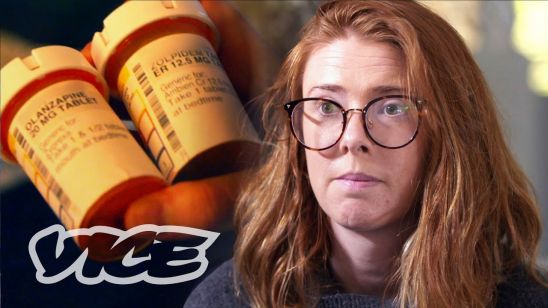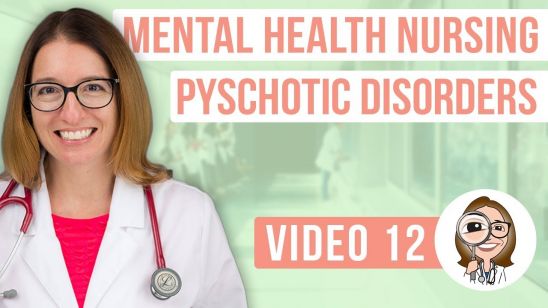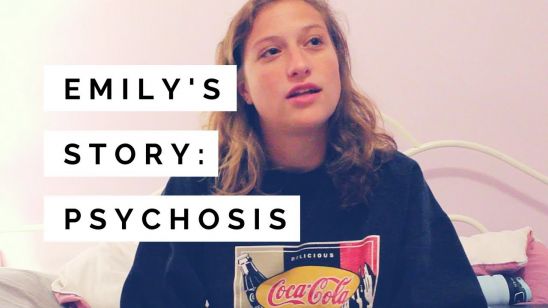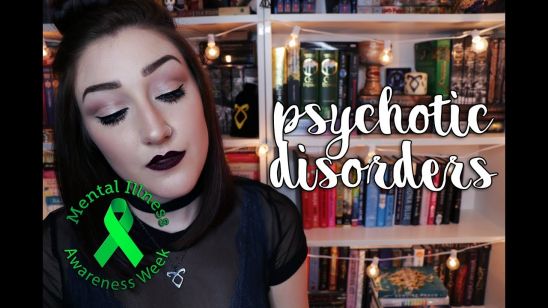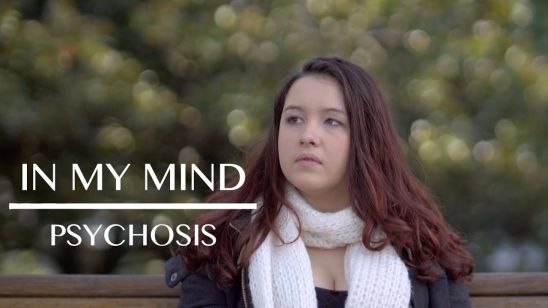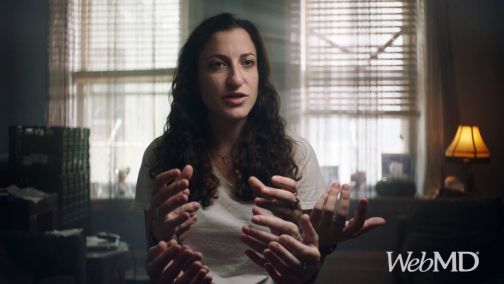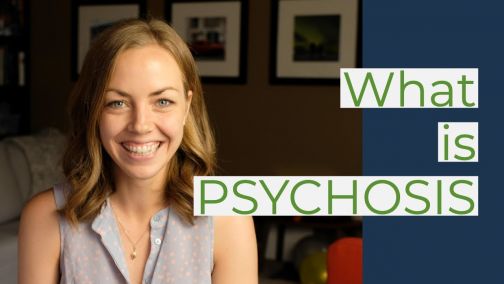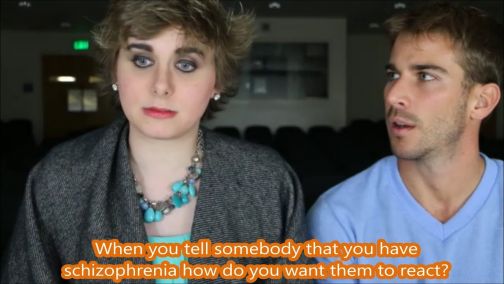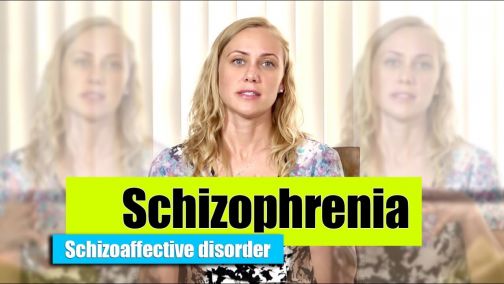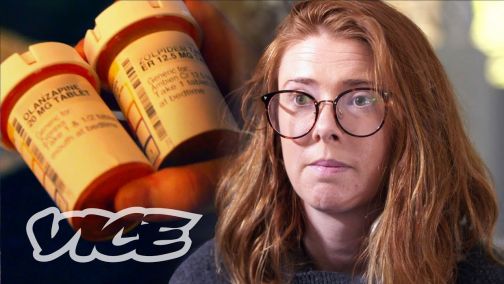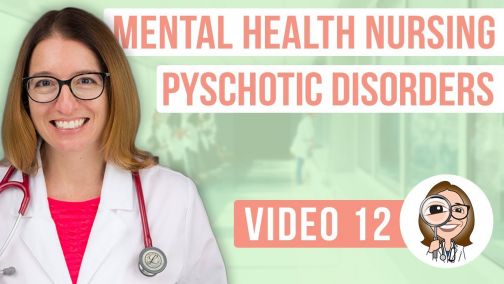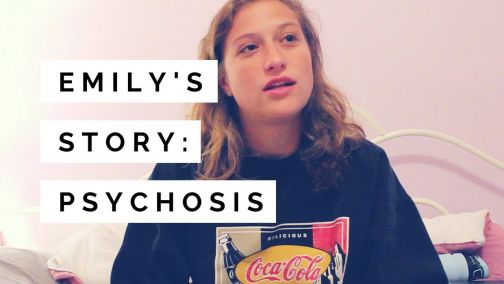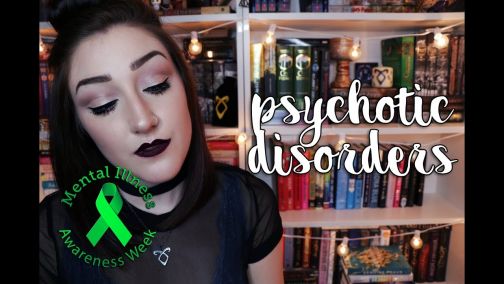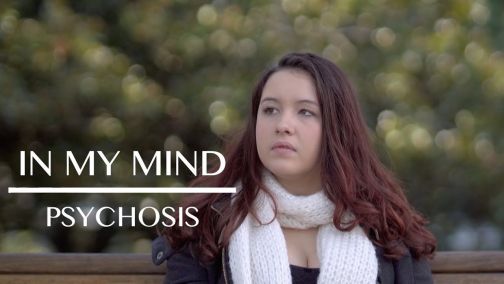Schizophrenia
A condition characterized by psychosis
What is it?
Some mental disorders are easier to understand than others. Their symptoms are things we can relate to, even if we don’t struggle with them — emotional highs and lows, intense anxiety, racing thoughts. But others are more complex. They don’t just impact how we behave and feel, but the ways in which we perceive the world around us.
Schizophrenia is one of these conditions. As a thought disorder, it affects a person’s ability to think clearly and interpret reality in “normal” ways. People with schizophrenia often experience delusions, hallucinations and disordered thinking. They struggle to speak coherently, manage their emotions, make decisions and interact with others because of these symptoms.
What are the symptoms?
Schizophrenia affects how people think, feel and behave. A person with the condition may seem as if they’ve lost touch with reality, and believe in strange or illogical things. In men, it normally sets in between the late teens and early 20s, and in women, between the late 20s and early 30s. It is a serious and lifelong condition that is estimated to affect about 1% of the U.S. population.
Schizophrenia symptoms are often broken into three categories — positive symptoms (psychotic behaviors), negative symptoms (disruptions to mood and behavior) and cognitive symptoms (mental processing).
Positive symptoms:
- Delusions
- Hallucinations
- Disorganized thinking
- Disorganized motor behavior
Negative symptoms:
- Having unemotive facial expressions and tone of voice. This is called the “flat effect”
- Reduced sense of pleasure in everyday activities
- Difficulty beginning and sustaining activities
- Reduced speaking
Cognitive symptoms:
- Struggling to understand information and use it to make decisions. This is called having poor “executive functioning”
- Difficulty paying attention
- Struggling to use information immediately after learning it. This is called having poor “working memory”
These symptoms can vary in frequency and intensity over time and between people. Some symptoms may be present all the time, while others come and go. Schizophrenia used to be categorized into different “types” including paranoid, catatonic, undifferentiated, disorganized and residual. These have stopped being used in favor of a schizophrenia spectrum that is less rigid, and accounts for overlap in symptoms.
Diagnosing schizophrenia is hard for multiple reasons. People with the condition often don't think or "believe" that they have it. Physical ailments, such as brain tumors, must be ruled out, as do other psychotic disorders, like bipolar, that share similar symptoms. To be officially diagnosed, a person must have two or more of the following symptoms:
- Delusions
- Hallucinations
- Disorganized speech
- Disorganized or catatonic behavior
- Negative symptoms (see above)
At least one of these symptoms must be either delusions, hallucinations or disorganized speech.
What are some common warning signs?
Schizophrenia can look different in different people. Contrary to media representations, early warning signs aren’t always enough to hint at a serious mental condition. Over time, life stressors tend to “trigger” more substantial symptoms that become concerning to family and friends.
In early stages, schizophrenia can cause strange sleep patterns, social isolation, a lack of motivation, self-harm, substance abuse and irritability. These symptoms are especially common among teens with the condition. As it progresses, more severe symptoms, such as delusions and hallucinations, will arise.
The most obvious indicator of the disorder, is a sense that someone has lost touch with reality. If you’re concerned that a loved one has Schizophrenia, ask yourself the following questions:
- Are they speaking in strange ways, such as very rapidly, incoherently, or by stringing words and phrases together that don’t make sense?
- Do they seem paranoid or on edge? Have they expressed fears about people or scenarios that seem unwarranted?
- Have they mentioned “hearing voices”?
- Have they become extremely religious or adopted very strange religious beliefs?
- Do they seem vacant or empty when you talk to them? Do they exhibit little range in emotion?
- Are they forgetting things easily or misremembering past events?
- Have their mannerisms changed drastically?
- Are they staying up late to research bizarre conspiracy theories or religious ideas? Have they become obsessed with these ideas?
- Have they expressed having hallucinations?
- Do they talk to people who aren’t there?
- Do they have inappropriate emotional responses to different scenarios, such as becoming angry and hostile very quickly?
- Do they seem apathetic to life and out of touch with their responsibilities and relationships?
These behaviors can’t confirm a schizophrenia diagnosis, but they do hint at one. If you feel comfortable doing so, talk to your loved one about this behavior and why you’re concerned.
What causes Schizophrenia?
The exact causes of schizophrenia are unknown. Doctors believe a range of factors play a role in its development, including:
- Genetics: People are more likely to develop Schizophrenia if they have a family history of the disorder or other forms of psychosis.
- Brain chemistry: Issues with certain neurotransmitters, including dopamine and glutamate, have been linked to the condition.
- Environmental: Being exposed to certain viruses or being malnourished in the womb may increase the risk of developing Schizophrenia later in life. There is also some evidence that traumatic experiences, such as being abused or raped, can trigger symptoms.
Substance Abuse: Some studies show a correlation between heavy drug use and psychosis.
How is it treated?
Effectively managing schizophrenia often involves a combination of psychotherapy and medication. Healthy lifestyle habits and social support are recommended as well.
Medication is considered a cornerstone of schizophrenia management. Most people will need to take meds their entire life in order to keep symptoms at bay. Antipsychotic medications are the most commonly prescribed drugs for Schizophrenia. While effective, they are known to have heavy side effects, which may make people hesitant to take them.
There are two classes of antipsychotics — first generation (conventional) and second generation (atypical). First generation antipsychotics are older, cheaper and come with more substantial side effects. Second generation are newer and come with fewer.
- First generation/conventional: Chlorpromazine (Thorazine), Fluphenazine (Prolixin), Haloperidol (Haldol), Loxapine (Oxilapine), Perphenazine (Trilafon), Thioridazine (Mellaril), Thiothixene (Navane)Trifluoperazine (Stelazine)
- Second generation/atypical: Aripiprazole (Abilify), Asenapine (Saphris), Brexpiprazole (Rexulti), Cariprazine (Vraylar), Clozapine (Clozaril), Iloperidone (Fanapt), Lurasidone (Latuda), Olanzapine (Zyprexa), Paliperidone (Invega), Quetiapine (Seroquel), Risperidone (Risperdal), Ziprasidone (Geodon)
Psychotherapy is a broad term that refers to a range of therapeutic approaches. Common models for coping with Schizophrenia are:
- Individual psychotherapy: One-on-one sessions that help people better understand and manage their symptoms.
- Cognitive behavioral therapy (CBT): A therapeutic model that challenges negative thinking patterns and behaviors. In CBT, a therapist will help a person establish healthy coping mechanisms for their delusions and hallucinations.
- Cognitive enhancement therapy (CET): Therapy that teaches people how to pick up on social cues and triggers, and improve their memory, attention and thought organization.
- Family Therapy: Therapy that helps the loved ones of a person with schizophrenia better understand the condition, reduce the stress they have as a caretaker or support-system, process their emotions and improve the overall health of the family.
Psychosocial therapies are often promoted as an add-on treatments to help people function more effectively in social environments. A handful of approaches can be beneficial, including social skills training, rehabilitation, self-help groups, assertive community treatment (ACT), coordinated specialty care (CSC), and social recovery therapy. You can learn more about those here.
Electroconvulsive Therapy (ECT) may be recommended for people who do not respond well to therapy or medication. You can learn more about ET here.
It’s important to remember that treatment plans are personalized. If you’re seeking help, make sure you work one-on-one with a doctor to create a plan that fits your needs. Just because a medication or therapy helps someone else recover, doesn’t mean it’ll be the right solution for you. Don’t ever feel guilty about asking for help, taking meds or going to therapy. Addressing your mental health is a productive and courageous thing to do.
How can I help a loved one with Schizophrenia?
It can be hard to know how to react when someone you love isn’t doing well. Do they want to talk about it, or would they prefer to keep their experiences private? Will you push them away by starting the conversation?
There are no easy answers to these questions. Every person handles their mental health differently. That said, we all want to feel loved and supported. Showing someone that you’re invested in their wellbeing can make a world of difference.
Here are some ways to do so:
- Educate yourself: Read up on symptoms, treatment options, and healthy living recommendations. Try and understand what your loved one is going through so you are better equipped to talk to them about it. This will also make you a valuable resource when it comes time to find treatment.
- Advocate treatment: Asking for help can be hard. Societal stigma often keeps people from opening up to others about their symptoms. Support your loved one by helping them research different treatment methods, or doctors in their area. If they’d like, go to a few sessions with them. Remind them that there’s nothing weird about getting help, and that you’re proud of them for following through.
- Use empathy: The delusions and hallucinations associated with Schizophrenia feel very real. Try and refrain from snapping at them when they are in the midst of an episode. Stay calm and remember what they’re going through. Remind them that you’re there for them and that you love them.
- Help them out: People battling a severe mental disorder like Schizophrenia, may struggle to keep up with daily responsibilities, such as preparing meals, paying bills, or cleaning up. Make time to do these things with your loved one so they feel supported, and don’t get bogged down by unfinished work.
- Be patient: Don’t take it personally if they lash out at you. They are battling something that’s very hard to overcome. Their distance has nothing to do with who you are as a person. Keep showing up for them even when it feels like it’s not helping. The act alone lets them know that they have people in their life who care.
Loved ones of people with schizophrenia are often asked to help monitor their medication and look out for signs of a relapse. If you think they pose a threat to other people or themselves, seek immediate help. And finally, remember to take care of yourself. Find counseling of your own if you are struggling to cope with their condition.
What other resources are out there?
Want to learn more, find a doctor, join a support group or speak to a counselor? The below resources might be able to help:
- Schizophrenia and Related Disorders Alliance of America
- Schizophrenia Society of Canada
- Zur Institute
- Crisis Text Line
- BetterHelp
- Psychology Today Directory
- American Psychiatric Association
- Medicaid Eligibility Information
- Open Path Collective
- Resources for POC, LGBTQ+ and disabled individuals
- Anxiety and Depression Association of America
- National Network of Depression Centers
- Medicine Assistance Tool
- NeedyMeds
- Erika's Lighthouse
- Anxiety Network
- Anxiety Central Forums
- National Social Anxiety Disorder Center
Support our work
We’re on a mission to change how the world perceives mental health.
